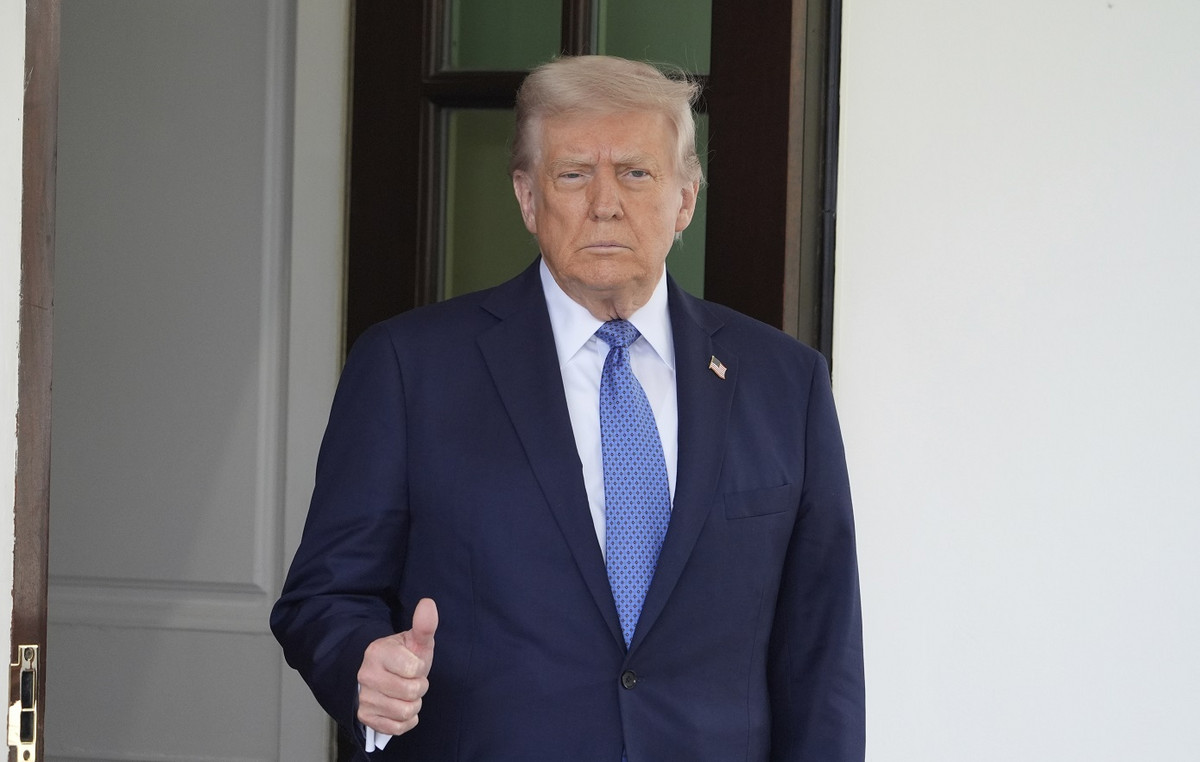Bank of England (BoE) Governor Andrew Bailey explains the decision to cut the policy rate by 25 basis points to 5% in August and answers questions from the press.
Key points
“The UK’s natural rate of unemployment may have increased in recent years.”
“We give some weight to an alternative scenario of less benign inflation persistence.”
“The MPC remains highly alert to the risks of persistent inflation.”
“The BoE goes from meeting to meeting, making decisions based on evidence.”
“BoE takes initiative with private sector wage measures.”
“Public sector wages do have an impact on demand.”
“We don’t have all the information, we don’t know how the increase in public sector salaries will be financed.”
“We will not give any opinion on the path of rates.”
The British Pound FAQs
The Pound Sterling (GBP) is the oldest currency in the world (886 AD) and the official currency of the United Kingdom. It is the fourth most traded currency unit in the world, accounting for 12% of all transactions and an average of $630 billion a day, as of 2022.
Its key currency pairs are GBP/USD, also known as the “Cable,” which accounts for 11% of the forex market, GBP/JPY, or the “Dragon” as it is known to traders (3%), and EUR/GBP (2%). The British Pound is issued by the Bank of England (BoE).
The most important factor influencing the value of the British Pound is the monetary policy decided by the Bank of England. The Bank of England bases its decisions on achieving its main objective of “price stability”, i.e. a stable inflation rate of around 2%. Its main tool for achieving this is the adjustment of interest rates.
When inflation is too high, the Bank of England tries to contain it by raising interest rates, making credit more expensive for individuals and businesses. This is generally positive for the GBP, as higher interest rates make the UK a more attractive place for global investors to park their money.
When inflation is too low, it is a sign that economic growth is slowing. In this scenario, the BoE will consider lowering interest rates to make credit cheaper, so that companies borrow more to invest in growth-generating projects.
The data released gauges the health of the economy and can influence the value of the Pound. Indicators such as GDP, manufacturing and services PMIs, and employment can influence the direction of the Pound.
A strong economy is good for the British Pound. Not only does it attract more foreign investment, but it may encourage the Bank of England to raise interest rates, which will directly strengthen the British Pound. Conversely, if economic data is weak, the British Pound is likely to fall.
Another significant indicator for the pound is the trade balance. This indicator measures the difference between what a country earns from its exports and what it spends on imports during a given period.
If a country produces highly sought-after exports, its currency will benefit exclusively from the additional demand created by foreign buyers who wish to purchase these goods. Therefore, a positive net trade balance strengthens a currency and vice versa for a negative balance.
Source: Fx Street
I am Joshua Winder, a senior-level journalist and editor at World Stock Market. I specialize in covering news related to the stock market and economic trends. With more than 8 years of experience in this field, I have become an expert in financial reporting.







